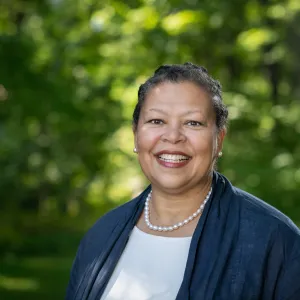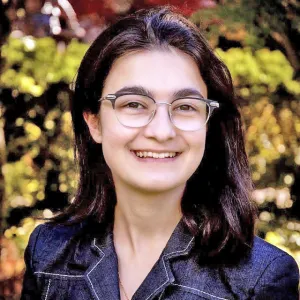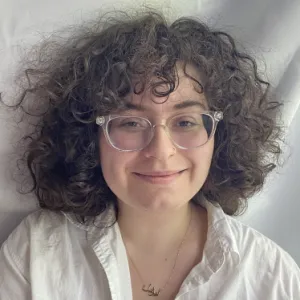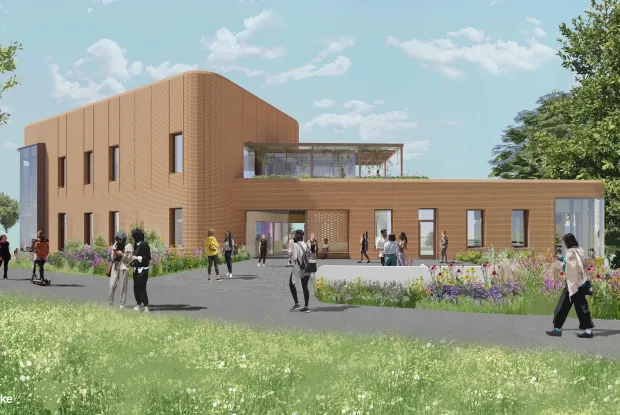Career Development
Smith’s reimagining of career development has the goal of increasing career success and satisfaction for every alum. We have launched dynamic, cross-institutional programming that is developmentally staged and infused into students’ daily lives.
Our goals are closely linked with our commitment to equity and inclusion. Career programming will equalize the student experience by broadening the networks and resources accessible to first-generation and low-income students who may lack established networks to support their career goals.
The career development program focuses on early engagement, which is directly tied to career success.
Career Communities
At the core of the new programming are career communities, clusters that students select based on their interests and strengths. Each community provides a space for students to explore careers, learn about themselves, discover and access resources, connect with internships and jobs, receive coaching, and develop a sense of belonging.
Students engage with networks of peers, employers, alums, industry experts, faculty and staff, making important connections as they determine their internship and career readiness needs.
“We are closing the gap between learning and work so that all students know that career exploration and skill-building is not peripheral, but central, to each of their four years at Smith.”
Kathleen McCartney Hall
A new 15,000-square-foot building, Kathleen McCartney Hall, will house the Lazarus Center for Career Development and the Wurtele Center for Collaborative Leadership, advancing career development, women’s leadership, and equitable outcomes for all students at Smith.
Kathleen McCartney Hall is purpose-built to realize the vision, originally articulated by former Smith President McCartney and more essential every day, to ensure that all students have access to world-class leadership and career education that integrates liberal arts learning with applied experiences.
The new building will be centrally located, welcoming students and visitors, serving as a beacon to prospective students looking for the best in liberal arts career development. Students had a hand in the building design, prioritizing accessibility, inclusion, comfort, and spaces for peer connection.
View of the entry of Kathleen McCartney Hall. Credit: TenBerke, press@tenberke.com Architect: TenBerke
Philanthropic Opportunities
For a list of priority areas and to learn more, contact Betsy Carpenter ’93, associate vice president for development, at 413-585-2052 or ewcarpen@smith.edu.




